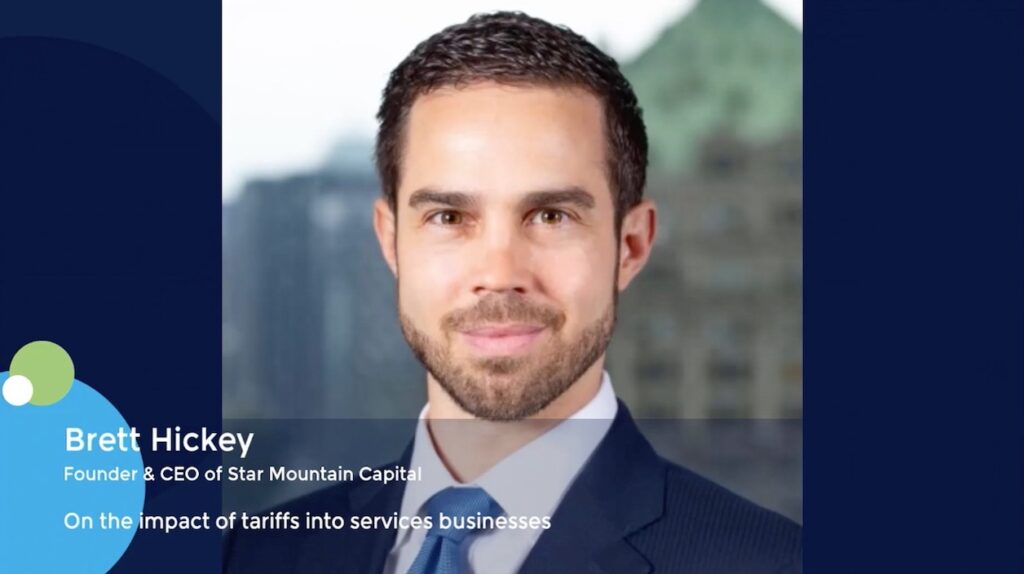Neoen/Brookfield: More work likely needed to satisfy Australia’s ACCC
- Proposed divestments may not quell regulator’s concerns in full
- Antitrust approvals already obtained in France, Germany
- Ongoing FDI reviews in Europe shouldn’t pose major hurdles
Brookfield’s [NYSE:BAM, TSX:BAM] proposed acquisition of French renewable energy producer Neoen [EPA:NEOEN] is likely to face tough questions from Australia’s competition watchdog – despite the bidder having already submitted a remedy proposal, according to two sources familiar with the situation and an independent lawyer.
On balance, they believe the deal is in line for approval. Assessing the issues on hand, the lawyer, Sar Katdare, who is a partner with Johnson Winter Slattery in Sydney, gives it a 60/40 chance of being cleared in Australia.
There is a path to approval but it will be tough, one of the sources predicted, noting that there are issues of concern that the undertakings likely do not satisfy.
No regulatory hurdles have been identified elsewhere, the second and a third source familiar with the situation said, adding that Australia is expected to be the only jurisdiction where the deal will go through a complex competition review.
Brookfield announced on 25 June that it has agreed to acquire 53.12% of Neoen from certain of its shareholders at a price of EUR 39.85 per share. The stake acquisition will, once completed, be followed by a mandatory tender offer for the rest of the company at the same price. The Brookfield-led consortium also includes Brookfield Renewable [NYSE:BEP, TSX:BEP] and Singapore investment company Temasek.
The transaction, which values Neoen’s equity at EUR 6.06bn, has already been approved by the competition authorities in France and Germany. Aside from antitrust clearance in Australia, the deal still also needs foreign direct investment approvals in certain European jurisdictions, including France.
The Australian Competition and Consumer Commission (ACCC) announced earlier this month that the deal is under review and that Brookfield has proposed remedies.
The ACCC highlighted Brookfield’s existing interests in Australia, namely AusNet, an energy delivery services group that owns and operates the principal existing electricity transmission network in Victoria; X-Elio, a renewable energy developer and operator with one solar farm in Queensland; and TransAlta, which owns several gas-fired power stations in Western Australia.
According to the regulator, Brookfield’s proposed undertakings involve a divestment of Neoen’s development projects in Victoria, and some separation obligations regarding the management of Neoen and AusNet in Australia. The agency’s provisional intention is to announce its findings on 3 October, which may be a final decision or the release of a Statement of Issues (SOI).
In the case of difficult and complex reviews, an SOI is likely even when remedies have already been proposed as part of the application, one of the sources said.
The ACCC has called for submissions to be in by July 26, but will not be conducting any additional private market testing.
Katdare compared this deal to Brookfield and EIG Partners’ joint bid for Origin Energy [ASX:ORG] last year, which was eventually approved by the ACCC in what was generally considered to have been a ‘line ball’ decision. (The Brookfield-led deal still collapsed, however, after major shareholder AustralianSuper voted against it.)
Brookfield’s undertakings in relation to Origin were similar to its proposed divestment and separation plan for Neoen, Katdare noted. In the case of Origin, though, Brookfield opted for the ACCC’s authorisation route, as opposed to its more common merger clearance route. The former looks more broadly at the public benefits of a deal, which have to be proven by the bidder, while the merger clearance route applies a narrower substantial lessening of competition (SLC) test and puts the onus of proof with the ACCC.
Brookfield’s acquisition of Origin was approved on public benefit grounds after the ACCC found the public benefits of the deal to outweigh its concerns about reduced competition, as per an ACCC statement at the time.
Speaking in favour of the Neoen deal being approved under the SLC test is the fact that the company is only a quarter of the size of Origin, the lawyer and one of the sources said.
Also, while there is a recent trend of the ACCC being quick to find problems with SLCs, it may be reluctant to deter investment/progress in renewable energy in the current political context, Katdare added.
Meanwhile, the second and third sources didn’t expect there to be a need for the previously referred timeline to be extended, noting that the regulatory issues in Australia were anticipated and remedies were proposed early on.
In the deal announcement, the parties said the regulatory approvals are expected to be obtained by 4Q 2024 and that the tender offer will be launched in 1Q 2025.
Straight forward FDI reviews in Europe
As for the FDI approvals needed in Europe, the key focus is on France where the strictest rules are applied, two of the sources noted.
Neoen, as an electricity producer, falls into the scope of strategic assets that require a review under the French FDI scheme, but it is a small player in terms of the country’s total electricity production, another source said.
The bulk of France’s electricity is generated by energy giants the likes of state monopoly EDF and EUR 35bn market cap company Engie [EPA:ENGI].
And even though the FDI rules are strict, the review of Neoen/Brookfield is clear and straightforward and well anticipated by the legal team working on the deal, one of the sources said.
The French FDI review is also close to the end of Phase I and the deal parties have not heard anything to suggest the deal is moving to Phase II, this source said.
The French government will decide within a maximum of 30 business days after complete filing if an in-depth review is needed.
This control procedure will first aim to determine whether the investment project is eligible for an FDI screening within 20 working days. Then a first phase – assessing whether the deal should be cleared unconditionally – lasts 30 working days, while the second phase for deals requiring conditions adds an extra 45 working days of review before receiving the written approval.
The Australian competition regulator, Neoen and Brookfield all declined to comment.
Neoen’s share price closed last week at EUR 38.48, representing a 3.6% spread versus Brookfield’s offer price.











